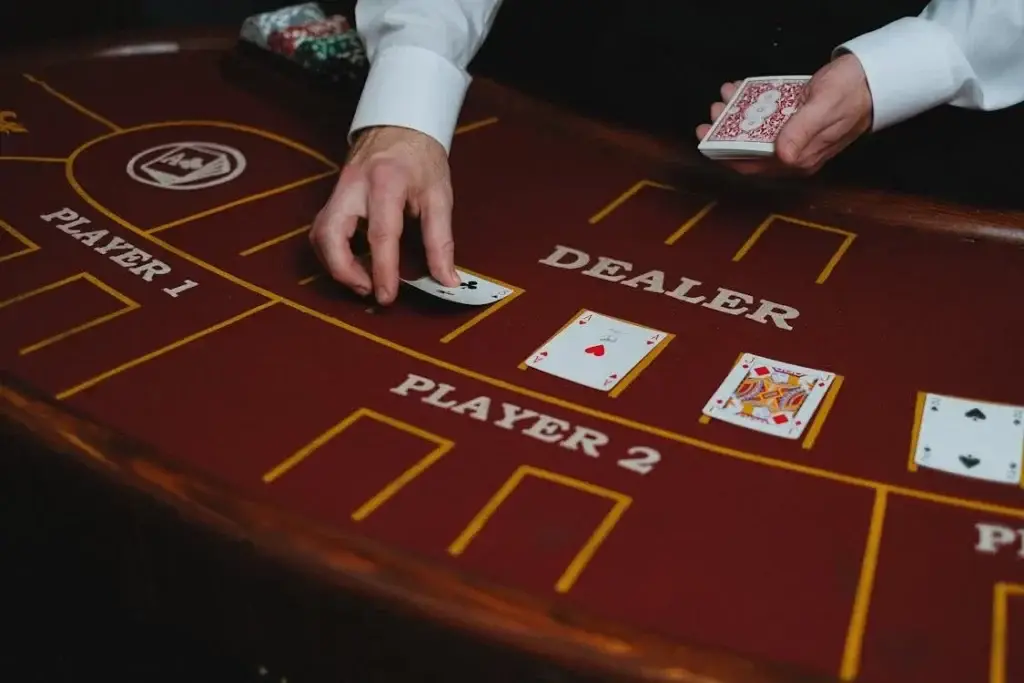Many people believe that winning in poker depends only on luck. Behind the bright shiny chips and dim lights of the casino, there are cold calculations, mathematical probability and cunning strategies. What seems like magic to beginners, for professionals is a set of verified actions that help you win again and again.
In this article, we will tell you why you need to learn from the best and give other tips on playing poker.
Why learn from the pros
Poker professionals can be compared to grandmasters, of whom there are much fewer than ordinary chess players. They see several steps ahead, analyze every detail and make decisions not emotionally, but rationally. For example, any random player, having received a pair of kings, will be delighted and will probably decide to play as aggressively as possible. But an expert sees the picture differently: he takes into account the positions of his opponents, their previous moves, behavior at the table. He does not just play, but controls the table. The difference between a beginner and a pro is that the former plays cards, and the latter plays people.
Basic Poker Tips
 We will tell you about the basic techniques used by the best poker players. Preflop ranges, well-timed bluffs, the right table selection, money management – these and more significantly improve the quality of the game.
We will tell you about the basic techniques used by the best poker players. Preflop ranges, well-timed bluffs, the right table selection, money management – these and more significantly improve the quality of the game.
Preflop ranges
One of the key secrets of successful poker is the ability to narrow the preflop ranges. This means that professionals do not play everything in a row. At the initial stage, it is worth playing only strong combinations: pairs of tens and higher, ace-king, ace-queen. This poker tip helps to avoid risks and unnecessary costs, because in such positions there is less information about opponents. In late positions, the range can be expanded – connectors of the same suit are added to take advantage of the weakness of opponents and make the move unexpected.
The art of bluffing: when to tell the truth and when to make opponents believe in a lie
Bluffing is the art of creating an illusion. A good bluff is like a theater performance, where every gesture and every phrase have meaning. Pros don’t bluff at random, they build a whole story. If a player has shown aggression and won in previous hands, then a bluff will be perceived as another confident bet. But if the same player has been sitting quietly all evening, a sudden bluff is more likely to arouse suspicion.
Check as a bluff tool
A check is often perceived as a sign of weakness, but in the right hands it is a powerful tool. Imagine that you have a weak hand on the flop, and the participants on the other side are expecting aggression. Then a check can confuse them and lead them to think that you are afraid of further actions. Later, when the situation becomes clearer, a check can turn into a sharp raise, which will make opponents think whether they should continue to fight for the pot.
Poker Table Selection Tips: How to Find the Perfect Fish Table and Become the Best in the Game
Table selection is one of the most important strategies for professionals. No one wants to play against sharks when they can find a table full of fish. Experts analyze how opponents play, their preflop actions, and the aggressiveness of their bets. If there are several clearly weak players, pros take advantage of this. They know that this is the place where they can maximize their winnings. Weak players often cannot control their emotions, bet at random, and fold too quickly when playing aggressively.
Bankroll Management: Why Every Dollar Matters
Pros never risk everything at once. They allocate only a small portion of their funds for one session to avoid ruin in case of failure. The optimal percentage depends on the style of play and the level of risk that the player is willing to take. A conservative approach is no more than 1-2% of the bankroll per game, an aggressive approach is up to 5%. The main thing is to avoid situations where losing one session could put your entire bankroll at risk.
The Importance of Being Careful with Medium-Strength Hands: Why Taking Risks Isn’t Always a Good Thing
Medium hands are like old friends who can sometimes let you down. They’re not so bad for folding, but they’re not so good for fast-paced play either. Experienced players understand that hands like a pair of nines can be extremely dangerous. Especially if your opponents start raising the stakes sharply. So the only poker advice that can be given here is to play carefully to reduce the risk of losses.
Why You Should Play with Friends and How It Helps You Grow
Pros advise creating a poker environment where you can discuss strategies, share observations, and work through problems. Organizing home tournaments is a good way to practice your skills in practice. Without the pressure of big bets, you can experiment with new strategies, learn to bluff, and just enjoy the process without worrying about possible financial losses.
Playing Strong Hands Actively: Time to Show Who’s Boss
Another good poker tip: Use aggression to increase the pot.
When you have a strong hand, there is no point in playing cautiously. Professionals actively raise bets to increase the pot and not give opponents the opportunity to improve their hands for free. For example, with a pair of aces in your hand, you should immediately press, not giving your opponents a chance to make a straight or flush.
Tip: Don’t be predictable when playing with strong hands
It is important not to become predictable. If you play aggressively with strong hands every time, your opponents will quickly adapt. The best players change tactics, sometimes playing more cautiously to create a false sense of security in their opponents, and then suddenly raise the stakes.
Using the time bank: why rush when you have time to think
The time bank is your best friend in difficult situations. Professionals take their time with decisions, especially when the stakes are high. Slow decisions can make your opponents feel like you have a strong hand or a difficult choice. This is a way to make them nervous and make a mistake. Sometimes, it is the pause before the bet that can be the key element of the strategy that leads to victory.
Apply poker tips from experts and win
 In poker, every detail matters, and every decision affects the outcome. Learning the strategies of professionals, learning to control emotions, choosing the right table and managing your bankroll are the keys to successful play. And most importantly, remember that poker is not only about cards, but also about people. Next time you sit down at the table, put these tips into practice.
In poker, every detail matters, and every decision affects the outcome. Learning the strategies of professionals, learning to control emotions, choosing the right table and managing your bankroll are the keys to successful play. And most importantly, remember that poker is not only about cards, but also about people. Next time you sit down at the table, put these tips into practice.
 en
en  de
de  ar
ar  es
es  hi
hi  fr
fr  nl
nl  it
it  pt
pt  el
el 









